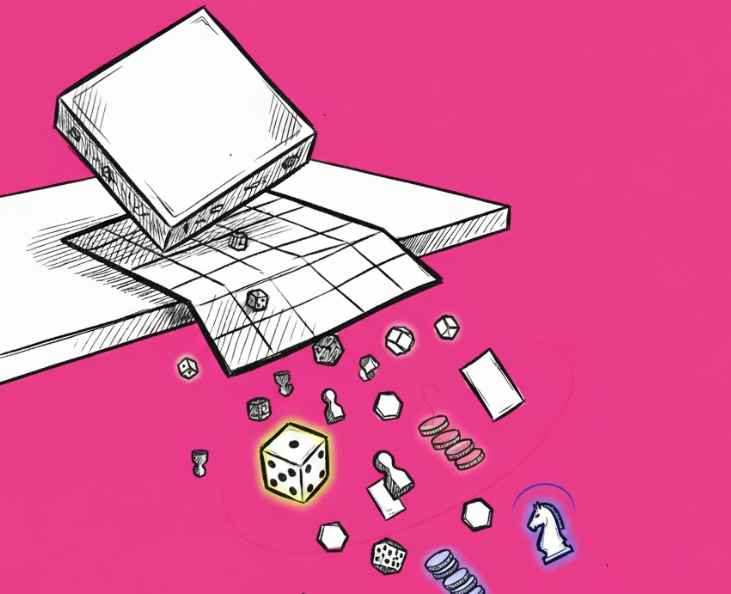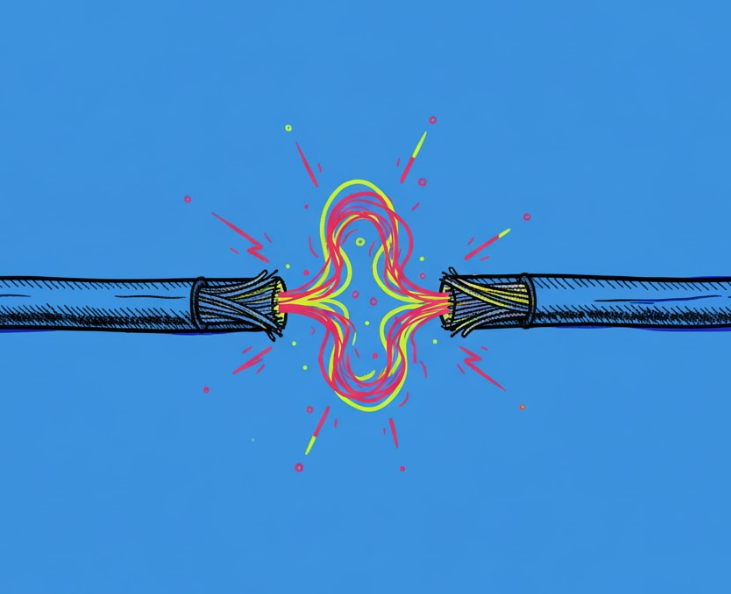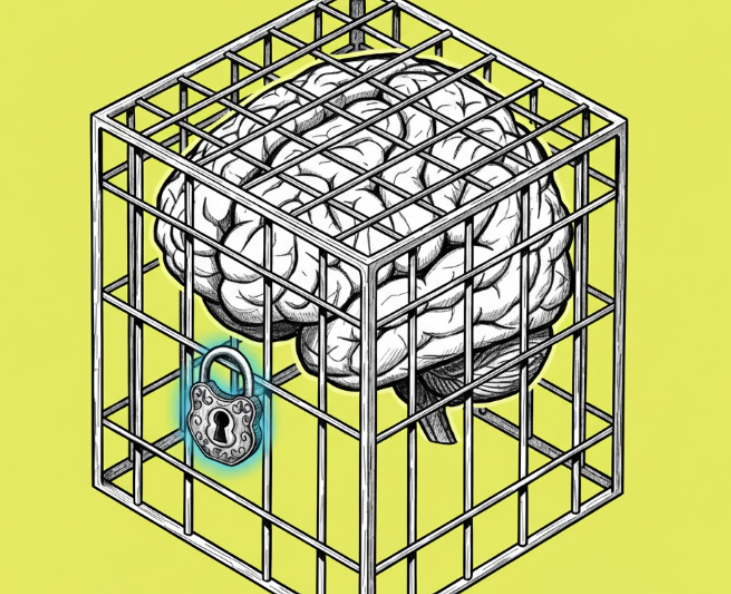When AI Changes the Game, What Happens to the Experts?

It’s strange to think that in a world where expertise has never been more needed, it’s also never been more at risk of becoming invisible.
AI isn’t coming. It’s here – humming quietly behind inboxes, proposals, and prompts. Automation, transcription, real-time content generation. None of it feels novel anymore. It’s the baseline.
And for those whose work rests on knowledge, judgment, or structured thinking, that baseline is shifting beneath their feet.
We’ve reached a fork in the road. One path treats AI as a threat. The other sees it for what it really is: a systems-level shift in how expertise is delivered, accessed, and valued.
The Shift We Don’t Talk About
Let’s be honest — AI can now do some of what experts do.
It can generate competent content from minimal input, mimic tone, and produce polished insights faster than most humans ever could. It can even sound credible.
And yet, that doesn’t mean the work of experts no longer matters. It means the edge has moved.
Clients don’t just have new expectations; they have new options. If your delivery model looks the same as it did two years ago, the risk isn’t obsolescence – it’s invisibility. Not because you’re less capable, but because your value has become harder to see.
AI isn’t replacing expertise. It’s revealing where its real value lives.
Where Real Value Lives
Expertise has never been about checklists, templates, or perfect phrasing.
It’s about discernment: the ability to say, this matters and that doesn’t, when the path ahead is uncertain.
AI can suggest a dozen directions. But it can’t tell you which one is right for this moment, this audience, these constraints.
That judgment – context married to conviction – is the new frontier of expertise.
If you’re willing to adapt, it’s also your greatest advantage.
To stay relevant, experts must shift from content creators to system designers.
From knowledge holders to knowledge enablers.
From deliverers to orchestrators.
Clients no longer want more content. They want confidence — frameworks that scale without flattening depth, and partners who help them think, not just produce.
That’s the expert’s true role in the AI era: to design the systems that let wisdom move at the speed of technology, without losing its integrity along the way.
Don’t Mistake Momentum for Safety
Busyness is not the same as progress.
You might still be booked solid. Clients might still value your insight. But the change won’t arrive with a bang, it’ll arrive quietly, incrementally, and then all at once.
The moment you notice, it may already have passed.
Experts who wait to adapt risk becoming relics of a world that no longer exists.
And not because they weren’t good enough — but because they mistook momentum for relevance.
Where We Go From Here
This is not a call to resist the shift. It’s an invitation to reimagine it.
Use AI to systemise what’s repeatable – the templates, the summaries, the mechanical parts of your process. Automate the work that slows you down. Then reinvest that time and energy into what only you can do: Judgment. Nuance. Context. The human edge that no algorithm can replicate.
This is how expertise becomes visible again — not by competing with machines, but by designing the systems they can’t build alone.
The fork in the road is already here.
The next move is yours.
Expert OS launches in 2026
Join the waitlist to be the first to find out more.
We respect your inbox. No spam, just meaningful updates.



